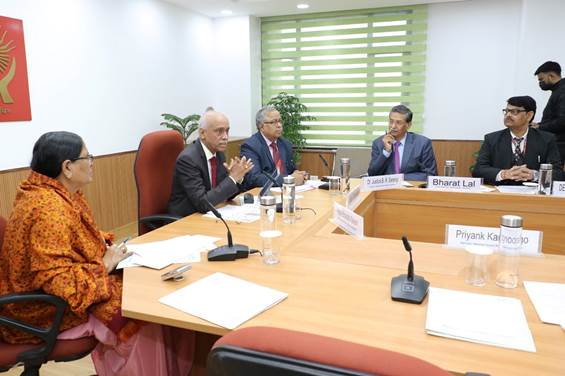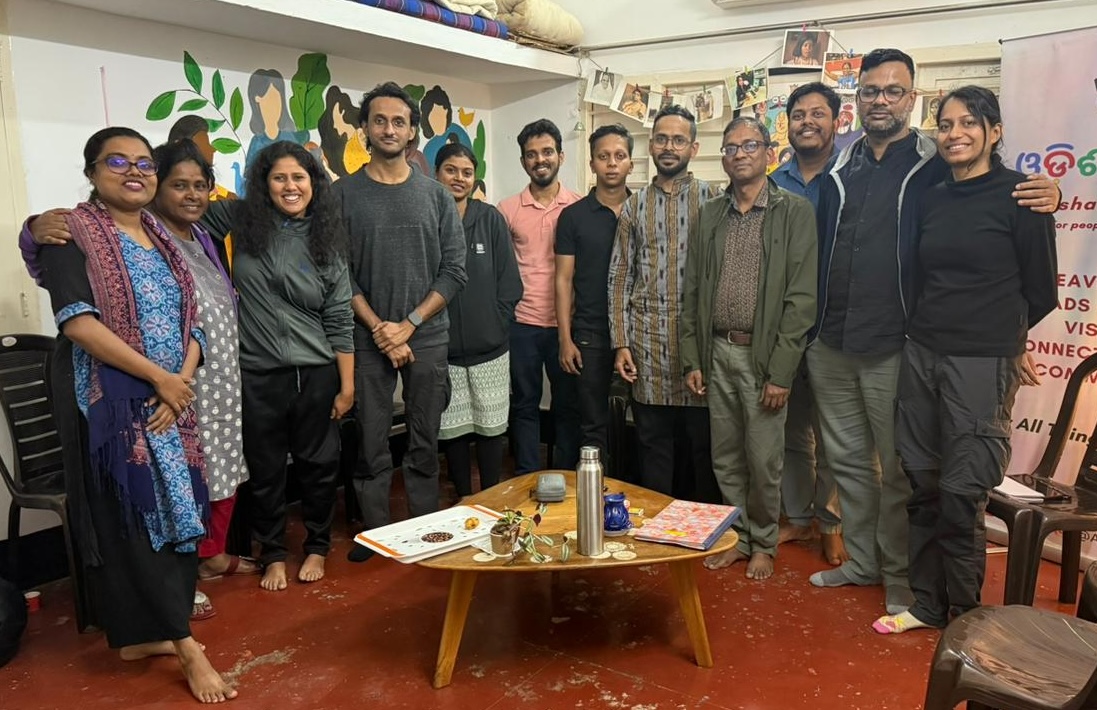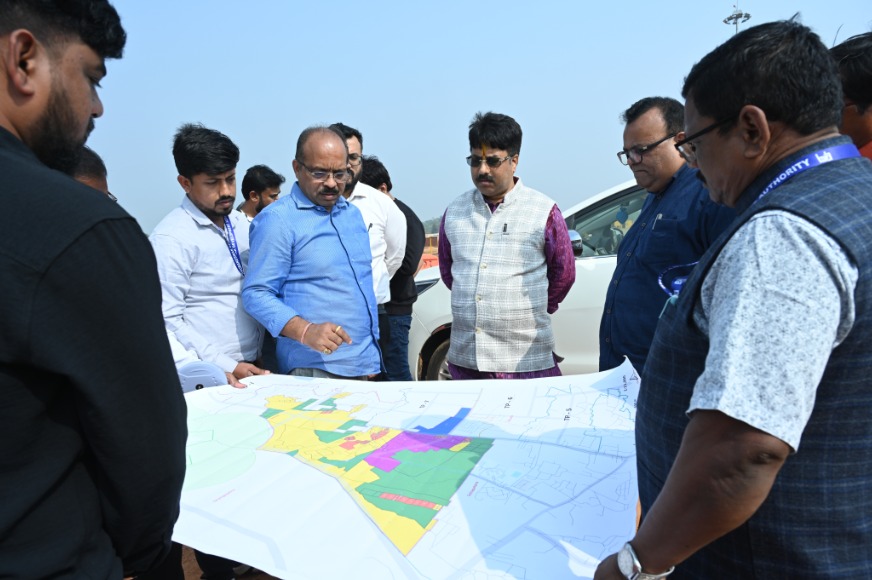New Delhi: The National Human Rights Commission (NHRC), India, organized an open house discussion on the theme “Dignity and Liberty of the Individuals – Rights of Manual Scavengers” at its headquarters in New Delhi. The hybrid event was chaired by NHRC Chairperson Justice V. Ramasubramanian, with participation from members, senior officials, and a diverse group of stakeholders, including representatives from ministries, state governments, NGOs, human rights defenders, UN agencies, and private organizations.
Justice Ramasubramanian expressed concern over continuing deaths of sanitation workers despite legal provisions banning manual scavenging. He emphasized the necessity of understanding root causes to devise effective remedial measures and proposed a pilot project using robotic technology for sewer cleaning, which could be replicated nationwide.
“This issue is being tackled legislatively, managed executively, and supervised judicially, yet the ground realities call for deeper action,” said Justice Ramasubramanian.
NHRC Secretary General Bharat Lal highlighted the Commission’s efforts in advocating mechanized cleaning processes across states. He noted that some states have initiated three-year programs for urban local bodies in compliance with Supreme Court guidelines from the Dr. Balram Singh v/s Union of India case. Lal also drew attention to the disproportionate impact of manual scavenging on specific castes and communities.
The discussion was structured around three technical sessions addressing critical themes:
- Deaths in septic and sewer tanks: Solutions for eliminating hazardous practices.
- Complete ban on manual scavenging: Exploring pathways for full eradication.
- Rehabilitation measures for manual scavengers: Promoting dignity and empowerment.
Participants included notable speakers like Bezwada Wilson, National Convenor of Safai Karamchari Andholan; Prabhat Kumar Singh, MD of the National Safai Karamchari Finance & Development Corporation; UNICEF specialists Sujoy Majumdar and Yusuf Kabir; and industry innovators like Rashid Karimbanakkal, Director of Genrobotics Innovations.
The discussions yielded actionable suggestions to address gaps in policy implementation and ensure the dignity of manual scavengers:
- Enhanced ground-level monitoring and representation for welfare programs.
- Comprehensive surveys for effective rehabilitation and fair wages.
- Clear differentiation between sanitation workers and manual scavengers under the 2013 Act.
- Promotion of mechanization and training, particularly for women-led self-help groups.
- Greater transparency in data reporting on manual scavenging and sewer deaths.
- Capacity-building workshops and provision of safety equipment.
- Financial incentives for technological innovations in hazardous waste management.
- Regulation and empanelment of desludging operations.
- Database creation for health insurance, education, and other benefits for manual scavengers.
- Awareness campaigns under Swachh Bharat Mission (SBM) and NAMASTE schemes.
The NHRC affirmed its commitment to deliberating on these recommendations to strengthen legal and policy frameworks. The Commission aims to eradicate manual scavenging and ensure the effective rehabilitation of those involved, promoting their dignity and socio-economic empowerment.
“The fight against manual scavenging is a collective responsibility, and sustained efforts are needed to end this inhumane practice,” Justice Ramasubramanian concluded.





